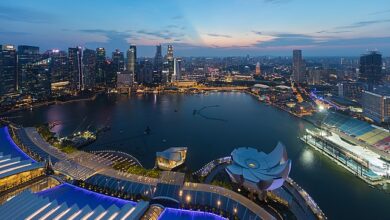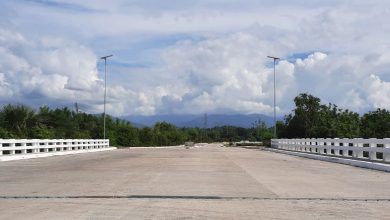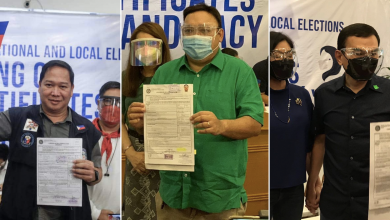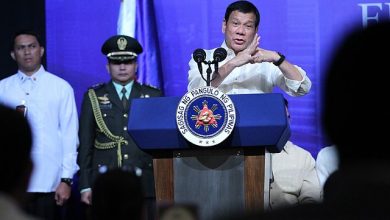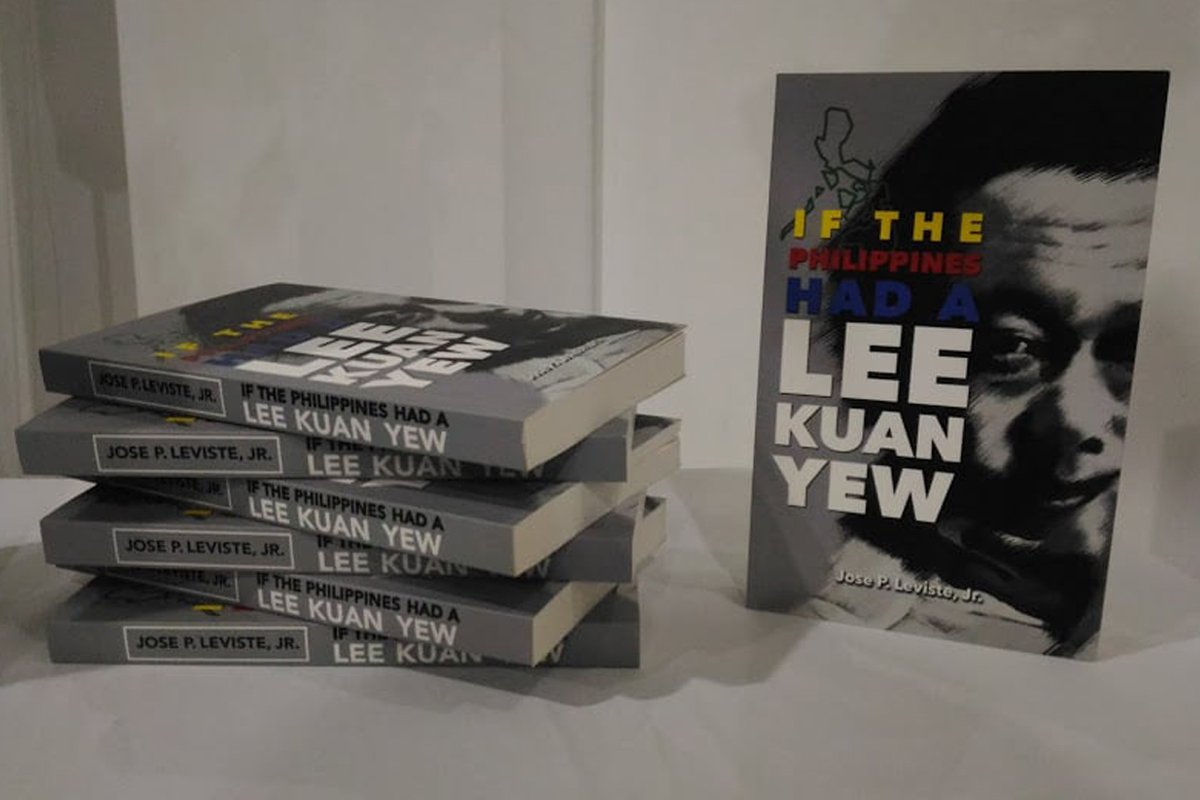
Pinoys on Lee Kuan Yew
A book that may have escaped your reading list due to your preoccupation with the recent
national elections and its aftermath is a book that is perhaps the only known collection of
essays and articles written by Filipinos about the late founder of modern Singapore, former
Prime Minister Lee Kuan Yew.
Edited and produced by known visionary businessman Jose Leviste Jr., the volume starts
with a prologue by someone who knew Lee well, former Philippine Prime Minister Cesar
Virata. It is a collection of some 35 previously published essays plus an epilogue and
postscript of noted Filipino authors, columnists, journalists and analysts. They write not only
of LKY the man, but of the Singapore he built almost all by himself.
In sum, the essays pit the fond admiration and critique of the authors for LKY the man they
knew, and the Singapore to which they grudgingly compare their own Philippines.
It includes the praising, and the critical, like Randy David’s critique of the autocratic
leadership style and keenly observant piece like that of former CNN Jakarta Bureau Chief
and Rappler founder Maria Ressa. Max Soliven’s article compares the Singapore he first
visited in 1960, which he described as a hovel with the best restaurant then being no better
than a Ma Mon Luk noodle house with the air-conditioned, manicured Singapore of the
millennium. Glenda Gloria’s essay paints an intimate picture between the Straits Times
Filipino photographer George Gascon and LKY, while Cebuano columnist Bobit Avila speaks
of the Servant leadership exemplified by the agnostic Lee that many Catholic Filipino leaders
have failed to possess.
Many other essays speak of the former Prime Minister’s attention to detail and cleanliness,
being time bound in their commitments and frugal in his ways.
The book comes out at the same time our own Rody Duterte ascends the political battle to
win the Philippine presidency. Thus, the parallels between both ASEAN leaders abound.
Both lived through without any accusation of corruption in the entirety of their long political
careers. Both were outspoken and could give scathing retorts and criticisms of their own
critics, and took the lead in transforming what were essentially multilingual, multicultural
backwaters into boomtowns. Their foreign policies mirror each other, with a balance of
relations between the West and China.
The similarities in their governed constituencies likewise draw attention: they both had
approval ratings in the 90s, yet disdained popularity surveys, and, even at the expense of
adverse international opinion, sought to please no one but their citizens.
That LKYs son Lee Hsien Loong sought obtained an official meeting with him at the sidelines
of the ASEAN Summit in Vientiane, and the Singaporean ambassadors public admiration of
Duterte says much about the city states’ regard for the Filipino President in spite of
whatever past he had with them.
Perhaps at no time in our history will this book be more widely read, for the parallels drawn
between Lee and Duterte strike vital chords in many a Pinoy’s secret yearning for the
country to be a Singapore. As the Duterte presidency’s policies and programs unfold in the
coming months and years many will read, and reread these pages as both a reference, and a standard.
via Resurgent.ph / John Tria

